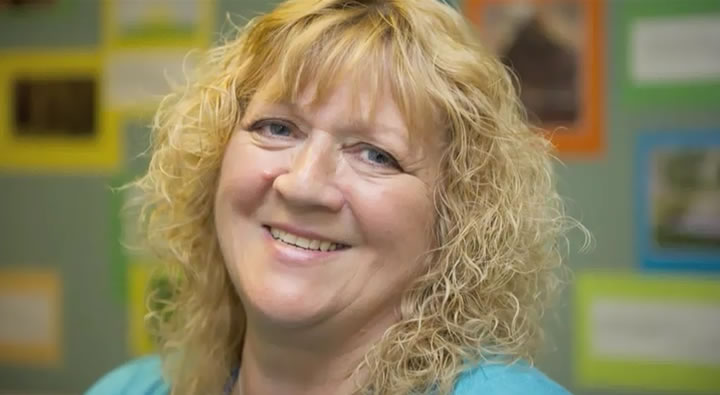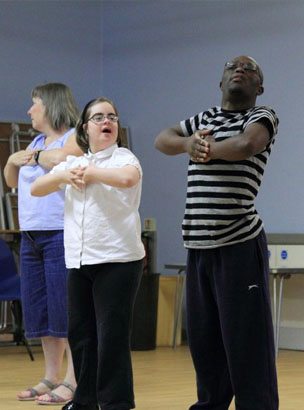
Every human being benefits from the sense of closeness and mutual support that comes from having a network
of relationships developed through school, work, hobbies and community activities.
Experience of a variety of relationships helps us to develop the social skills, confidence and self-esteem that underpin our
ability to make, sustain and break more personal relationships and to express our sexuality.
Highland Learning Difficulties and Relationships Group, 2007
Puberty can be a difficult time for all young people but for those with SLD/PMLD/CLDD, it presents particular challenges. They find it difficult to comprehend the changes taking place in their bodies and their feelings. This needs to be sensitively and respectfully managed within the school context and in relation to any cultural issues.
Listen to a teacher giving some guidance on approaches to puberty.
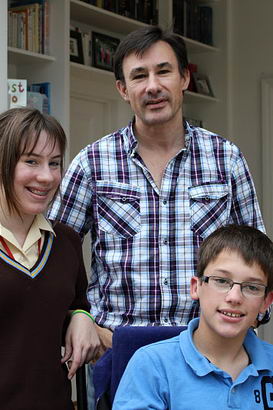
When adolescents with disabilities begin to feel or respond to hormonal changes and sexual feelings, parents
and professionals are often frightened or even offended by the emerging behavior. It is important for parents to evaluate
comfortable patterns of behavior and interaction with their children [without infantilising them].
Murphy and Young, 2005
Most special schools are likely to have in place strategies for working with parents and the pupils themselves in preparation for the practical and emotional changes.
Puberty and sexuality for children with learning disabilities – the main principles:
- Children with learning disabilities have a sexual identity and need equality with mainstream peers.
- Sex education for children with learning disabilities is non-existent in some places, despite the fact that they are more vulnerable to abuse.
- Sex education needs to be delivered in a way that is appropriate to the disabled child's communication needs.
- Anyone can deliver this education, but school nurses and teachers in particular have a key role in ensuring that this teaching happens.
- Sex education needs to be continually reinforced by professionals and parents or carers.
Nursing Times, 2007
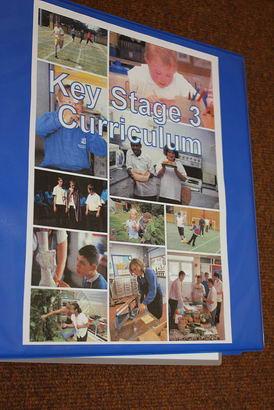
Many puberty issues can be addressed within the curriculum through PSHE or PE/sports sessions, science modules or through such special activities as 'pamper' or health and fitness days, as well as through individual learning programmes.
Moxon (Sutcliffe, 2009) promotes 'socio-sexual education' for children and young people with autism, which 'relates not only to the biology of sex, but also to appropriate behaviour and social codes'. She states:
'Sex is a drive like thirst or hunger... We have to teach these youngsters strategies for dealing with their sex drive, teach them the appropriate behaviour, the right times and places...certainly before they are 14.'
Young men with SLD/PMLD/CLDD may need support with shaving. Some may engage in disinhibited masturbation which could make them very vulnerable in the wider community. Schools need to agree clear consistent messages for them about where and when masturbation is acceptable.
Young women will need support with menstruation in a sensitive and private manner. As with other areas the level of support and guidance is likely to be different for each young woman but the overall goal is to work towards as much independence as possible.
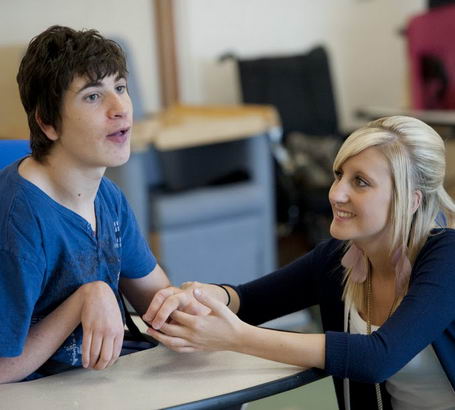
What additional support might a young person with disabilities require to prepare them to meet the challenges of puberty with confidence?
Compare your ideas with this sample answer.
Sample answer – additional support for young people during puberty
Related policy documents around puberty issues can include:
- Intimate Care Policy
- Infection Control Policy
- Moving and Handling Policy
- Safeguarding Policy
- Health and Safety Policy
Key professional support at this time can include:
- School Nurse
- Occupational Therapist
- Community Learning Disabilities Team

